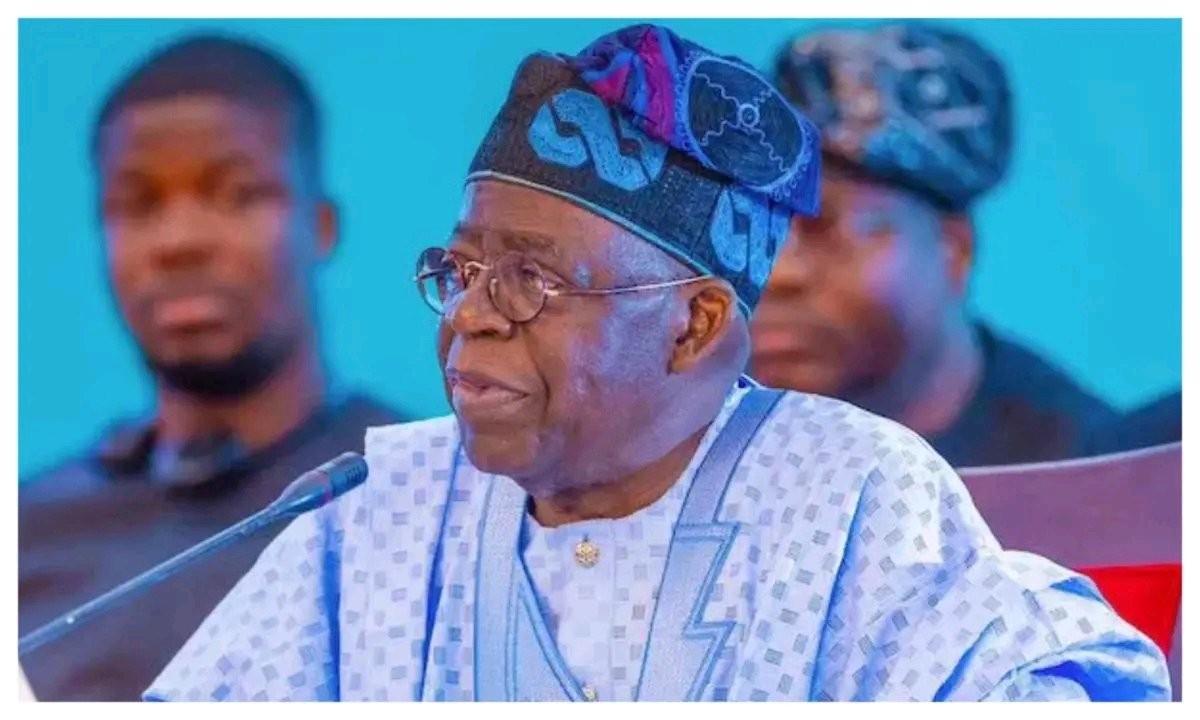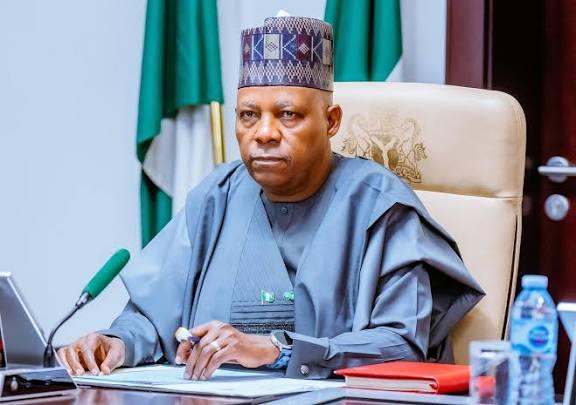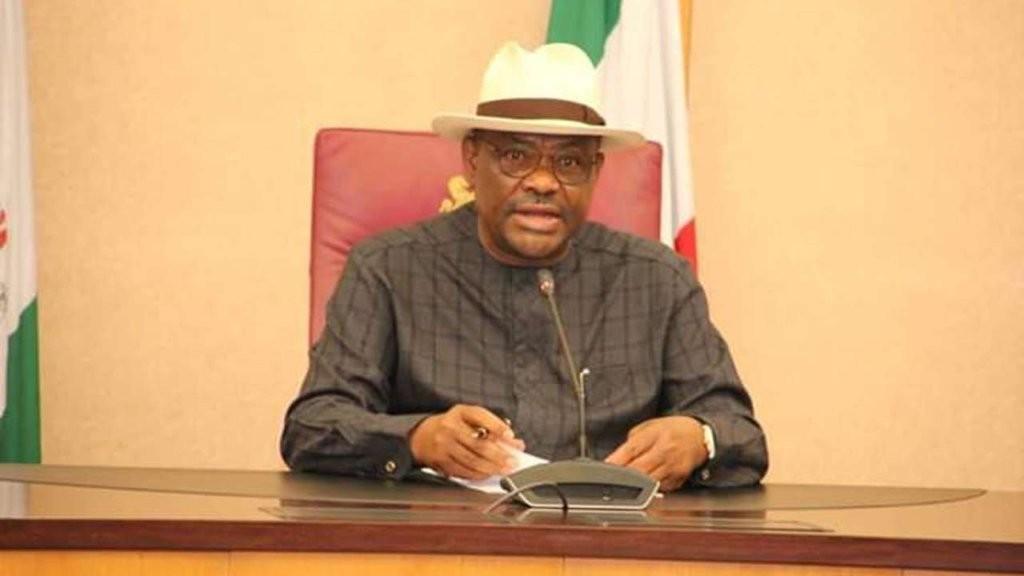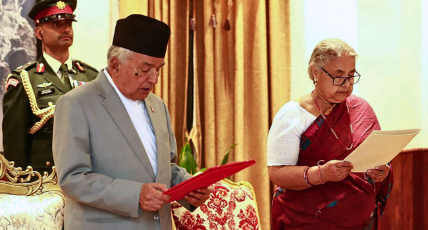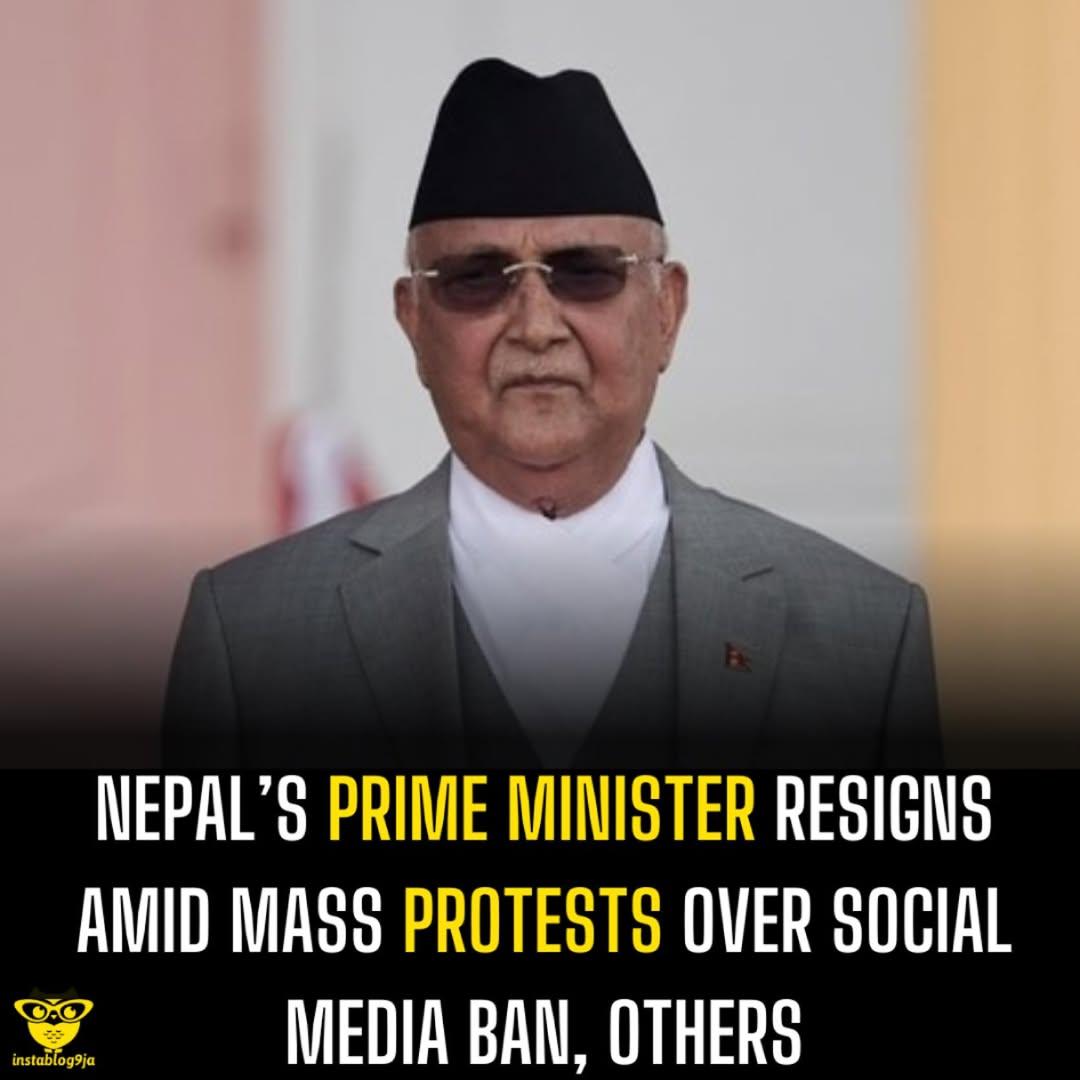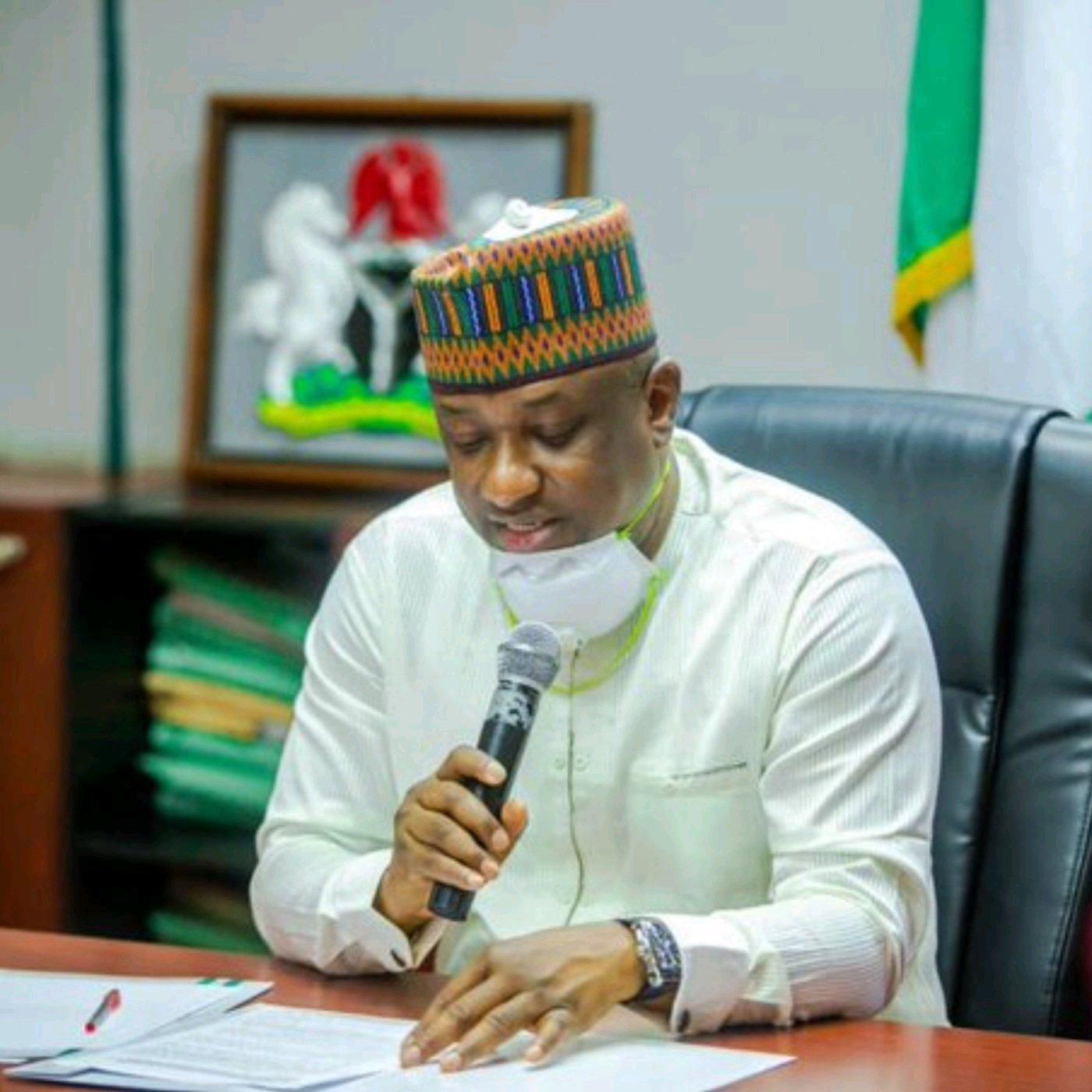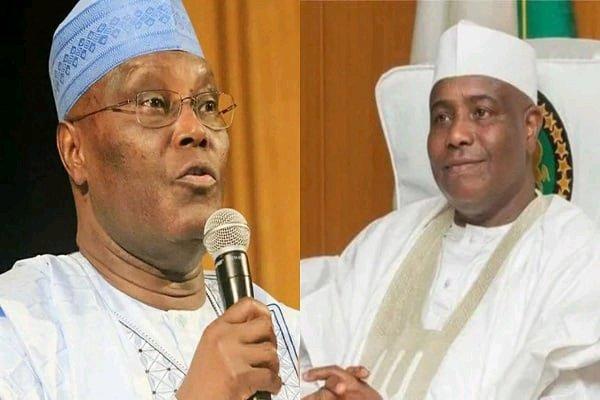Tunji-Ojo certificate saga: Prove you’re not shielding South-West ministers – Gani to Tinubu.
A chieftain of the Peoples Democratic Party, PDP, Taofik Gani, has urged President Bola Tinubu to prove his transparency and fairness by directing the Minister of Interior, Olubunmi Tunji-Ojo, to publicly clear his name over alleged irregularities in his National Youth Service Corps, NYSC, record and previous corruption allegations.
Gani made this call in a statement on Wednesday, warning that the growing perception of nepotism and selective justice in the Tinubu administration could undermine public confidence in the government’s anti-corruption efforts.
He said there are several petitions against Tunji-Ojo, including claims that he absconded during his mandatory NYSC service year but still presented a discharge certificate during his ministerial screening.
“If President Tinubu and his party, the APC, are sincere about fighting corruption, the minister should be directed to clear himself or resign honorably like Geoffrey Uche Nnaji, the former Minister of Innovation, Science and Technology, who resigned after allegations of certificate forgery.
“This is where President Tinubu has to prove that he is not shielding South-West ministers in corruption cases,” Gani stated.
Convener of the League for Good Governance, Isaiah Ijele, urged Tinubu to allow the Department of State Services, DSS, to investigate the certificate scandal hung on the minister.
A chieftain of the Peoples Democratic Party, PDP, Taofik Gani, has urged President Bola Tinubu to prove his transparency and fairness by directing the Minister of Interior, Olubunmi Tunji-Ojo, to publicly clear his name over alleged irregularities in his National Youth Service Corps, NYSC, record and previous corruption allegations.
Gani made this call in a statement on Wednesday, warning that the growing perception of nepotism and selective justice in the Tinubu administration could undermine public confidence in the government’s anti-corruption efforts.
He said there are several petitions against Tunji-Ojo, including claims that he absconded during his mandatory NYSC service year but still presented a discharge certificate during his ministerial screening.
“If President Tinubu and his party, the APC, are sincere about fighting corruption, the minister should be directed to clear himself or resign honorably like Geoffrey Uche Nnaji, the former Minister of Innovation, Science and Technology, who resigned after allegations of certificate forgery.
“This is where President Tinubu has to prove that he is not shielding South-West ministers in corruption cases,” Gani stated.
Convener of the League for Good Governance, Isaiah Ijele, urged Tinubu to allow the Department of State Services, DSS, to investigate the certificate scandal hung on the minister.
Tunji-Ojo certificate saga: Prove you’re not shielding South-West ministers – Gani to Tinubu.
A chieftain of the Peoples Democratic Party, PDP, Taofik Gani, has urged President Bola Tinubu to prove his transparency and fairness by directing the Minister of Interior, Olubunmi Tunji-Ojo, to publicly clear his name over alleged irregularities in his National Youth Service Corps, NYSC, record and previous corruption allegations.
Gani made this call in a statement on Wednesday, warning that the growing perception of nepotism and selective justice in the Tinubu administration could undermine public confidence in the government’s anti-corruption efforts.
He said there are several petitions against Tunji-Ojo, including claims that he absconded during his mandatory NYSC service year but still presented a discharge certificate during his ministerial screening.
“If President Tinubu and his party, the APC, are sincere about fighting corruption, the minister should be directed to clear himself or resign honorably like Geoffrey Uche Nnaji, the former Minister of Innovation, Science and Technology, who resigned after allegations of certificate forgery.
“This is where President Tinubu has to prove that he is not shielding South-West ministers in corruption cases,” Gani stated.
Convener of the League for Good Governance, Isaiah Ijele, urged Tinubu to allow the Department of State Services, DSS, to investigate the certificate scandal hung on the minister.
0 Commentarios
·0 Acciones
·637 Views



